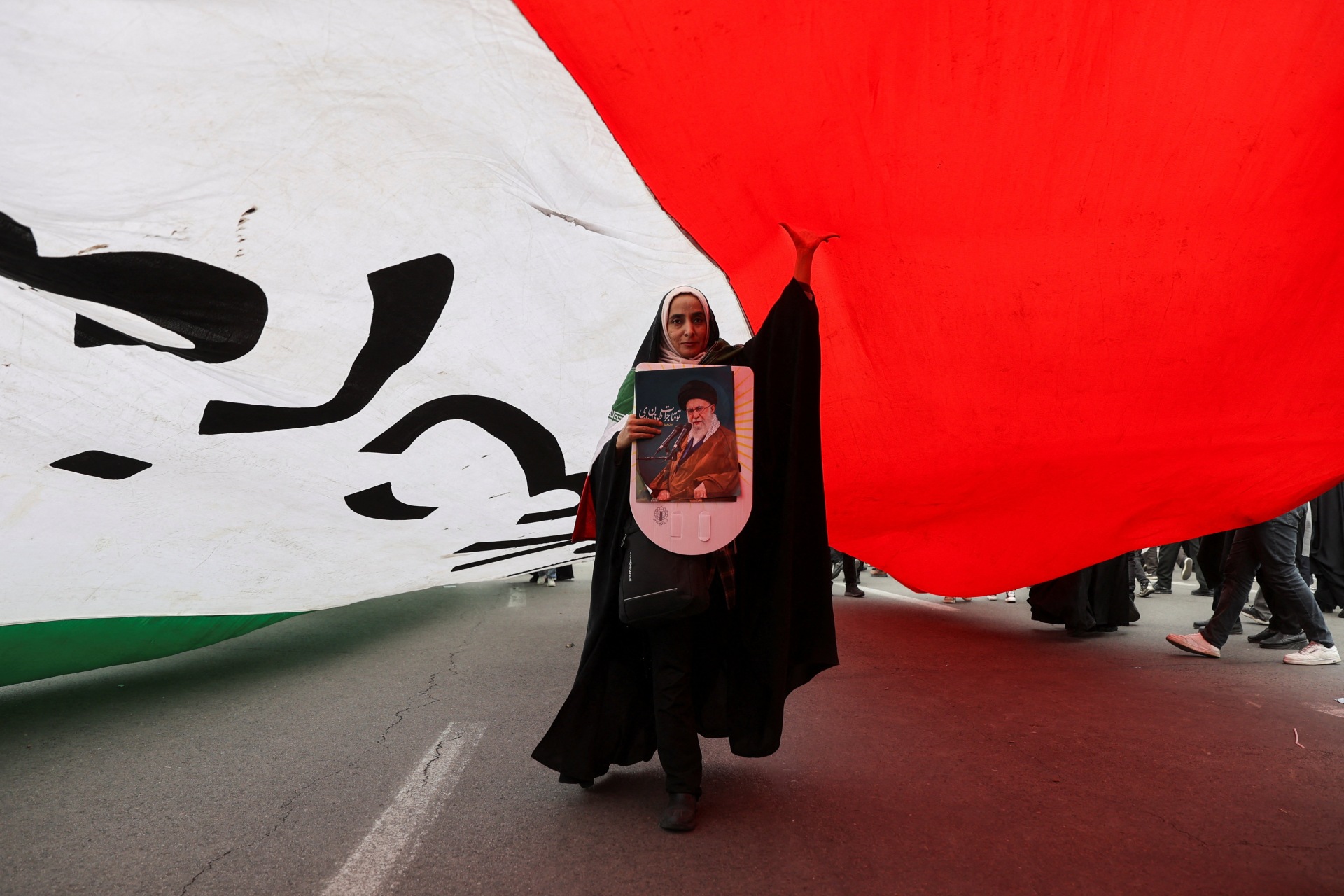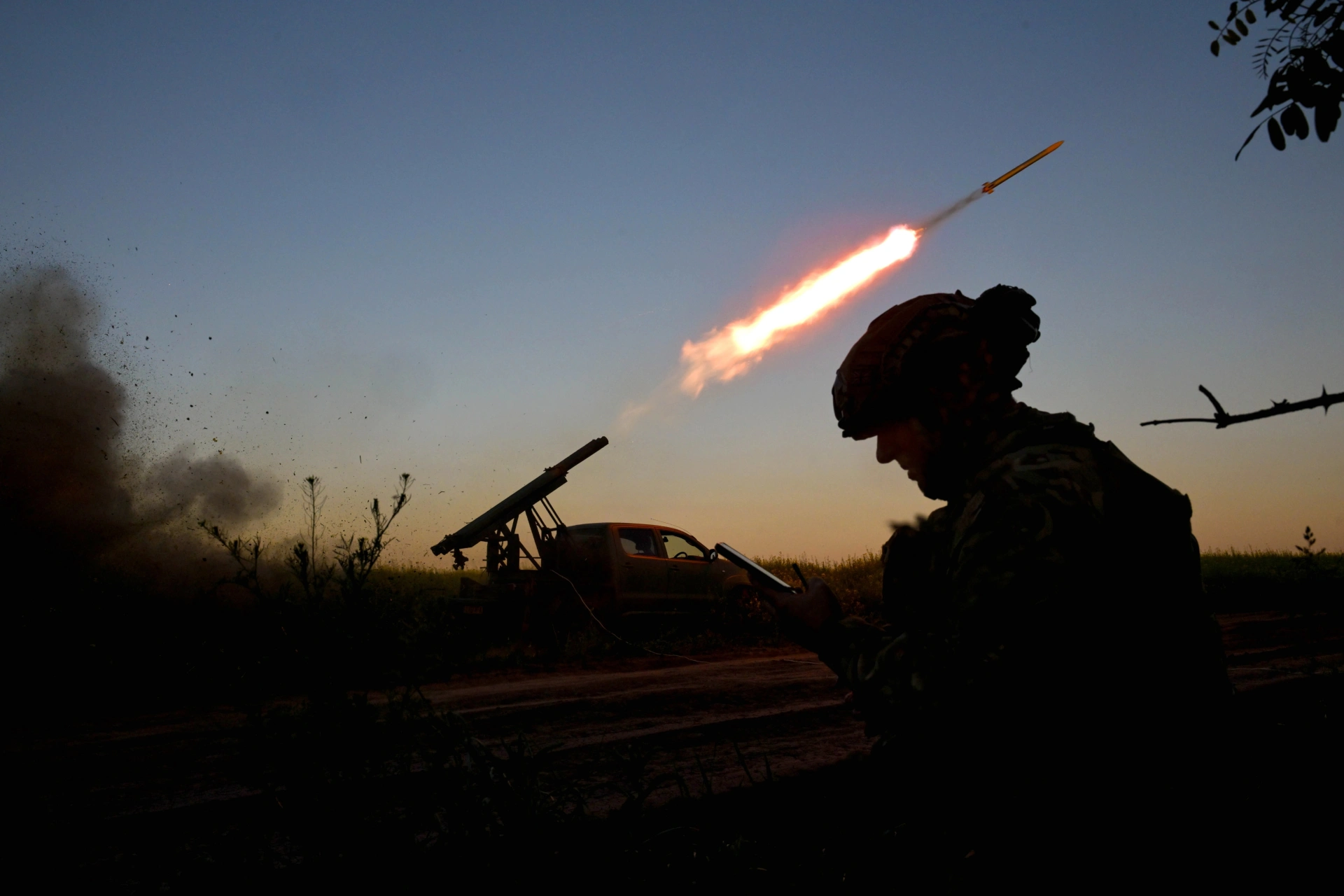Limiting Armed Drone Proliferation
BY
- Micah ZenkoSenior Fellow
- Sarah E. Kreps
Overview
The Obama administration should pursue a strategy that places clear limits on its own sale and use of armed drones lest these weapons proliferate and their use becomes widespread. These are the central findings of a new report by CFR Douglas Dillon Fellow Micah Zenko and Stanton Nuclear Security Fellow Sarah Kreps, published by the Center for Preventive Action (CPA).
Although only five countries have developed armed drones—the United States, Britain, Israel, China, and Iran—several other countries have announced their own programs. “India reports that it will soon equip its drones with precision-guided munitions and hopes to mass-produce combat drones to conduct targeted strikes in cross-border attacks on suspected terrorists. Rebuffed by requests to procure U.S. armed drones, Pakistan said it will develop them indigenously or with China’s help to target the Taliban in its tribal areas.” The report also notes that “Turkey has about twenty-four types of drones in use or development, four of which have been identified as combat drones,” while Switzerland, France, Italy, Spain, Greece, and Sweden “have collaborated on the Neuron, a stealth armed drone that made its first demonstration flight in December 2012.”
Zenko and Kreps lay out several reasons why armed drones are unique in their ability to destabilize relations and intensify conflict. Unmanned aircraft reduce the threshold for authorizing military action by eliminating pilot casualty, potentially increasing the frequency of force deployment. Because there is no onboard pilot, drones are less responsive to warnings that could defuse or prevent a clash. Furthermore, countries may fire on a manned fighter plane, mistaking it for an armed drone, which could increase the likelihood of conflict.
In addition, the proliferation of unmanned aircraft carries an increased risk of lethality because “drones are, in many ways, the perfect vehicle for delivering biological and chemical agents.”
The authors write that the Obama administration faces two broad policy decisions: first, to determine the criteria and principles that would guide exports of drones; and second, to cultivate a set of norms and practices to govern their use.
“As the lead user of drones, the United States has the unique opportunity to determine which countries acquire these systems and hold them accountable for how they use those drones,” Zenko and Kreps assert. U.S. drone exports should require commitment to the following principles: Peacefully resolving all outstanding border or maritime disputes; peacefully brokering domestic political disputes; protecting civilians from harm caused by other weapons platforms; and protecting human rights.
A set of norms to govern the use of drones would require increased transparency on U.S. drone strike practices and targeting decisions. “A guiding principle for how the United States describes and clarifies its drone operations should be based on type and specificity of information it wants to see used by other armed drone states.”
The report outlines other policy recommendations for the Obama administration, including:
- Tasking the intelligence community to publish an unclassified survey of the current and future trends of unmanned military technologies—including ground, sea, and autonomous systems—as they do for ballistic missiles and weapons of mass destruction.
- Commissioning an unclassified study by a federally funded research institution to assess how unmanned aerial systems have been employed in destabilizing settings and identify the most likely potential future missions of drones that run counter to U.S. interests.
- Directing administration officials to testify—for the first time—before Senate and House Foreign Relations Committees hearings on the principles and criteria that should guide armed and unarmed drone exports.
- Appointing a high-level panel of outside experts to review U.S. government policies on targeting decisions and their transparency and potential effect on emerging proliferators, and propose reforms based on the President’s Review Group on Intelligence and Communication Technologies.
Professors: To request an exam copy, contact [email protected]. Please include your university and course name.t





